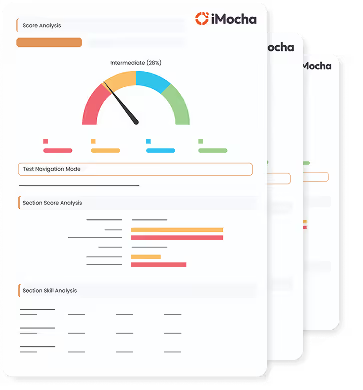


Choose easy, medium, or tricky questions from our skill libraries to assess candidates of different experience levels.
Choose easy, medium, or tricky questions from our skill libraries to assess candidates of different experience levels.

Choose easy, medium, or tricky questions from our skill libraries to assess candidates of different experience levels.

Choose easy, medium, or tricky questions from our skill libraries to assess candidates of different experience levels.
This a comprehensive PDF report, which you can instantly download and share with your hiring team or candidates for seamless collaboration.
Download Sample Report



This skills test is an ideal solution for recruiters and L&D professionals seeking to assess individuals’ cloud skills. It also helps cut hiring costs by up to 40% and measure the ROI of your learning initiatives.





%20(1).webp)
It is a core concept and service that form the basis of cloud computing. It enables cloud architects to design efficient cloud solutions that will deliver cost savings while maintaining security standards.
Why use iMocha's Cloud fundamental skills test?
This skill test of iMocha is of great use when evaluating the cloud computing proficiency of individuals efficiently and comprehensively. Using this test, you can assess candidates and employees without bias. That is why emphasis is placed on evaluating the practical skills acquired through real work experience rather than just theoretical understanding.

The skills test assesses candidates’ and employees’ proficiency in areas including:
Additionally, its powerful reports are automatically generated after the completion of the tests in a well-organized and easy-to-read overview format.







.webp)
.webp)
.webp)
.webp)


